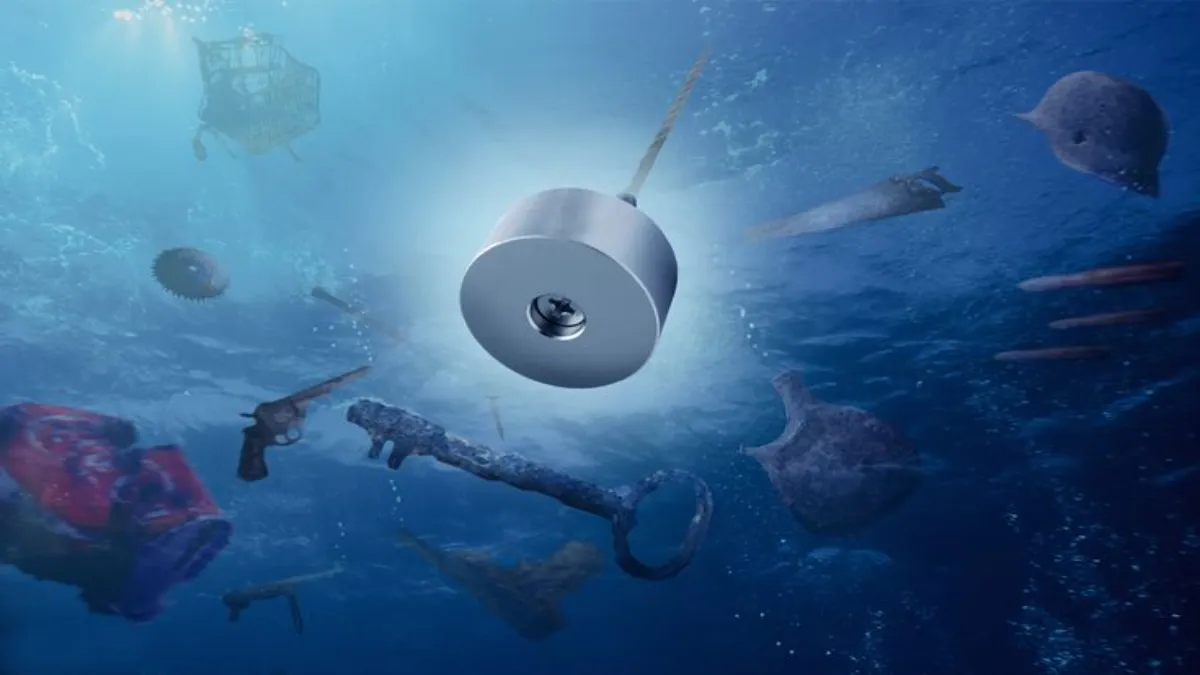Magnets have long fascinated humanity with their invisible forces and seemingly magical properties. From powering electric appliances to holding notes on the fridge, magnets play a crucial role in our daily lives. However, one question that often arises is whether magnets work underwater. In this article, we’ll explore the science behind magnets and delve into the intriguing world of magnetism beneath the surface.
To comprehend the behaviour of magnets underwater, it’s essential to first grasp the fundamentals of magnetism. Magnets have two poles, commonly known as the north and south poles. Like poles repel each other, while opposite poles attract. This fundamental principle governs the interaction of magnets with various materials, including water.
Magnets Underwater:
When we submerge magnets in water, the magnetic forces still exist, but their strength and influence can be affected by the medium. Water is a diamagnetic material, which means it possesses a weak repulsion to both north and south magnetic poles. While the effect is subtle, it does impact the behavior of magnets underwater.
The Impact of Water:
The ability of a magnet to work effectively underwater depends on its strength and the composition of the material it interacts with. In general, weaker magnets may experience a more significant reduction in their magnetic field strength when submerged in water compared to stronger ones.
It’s important to note that while water has a dampening effect on magnetic strength, it doesn’t completely negate the magnetic forces. In fact, some magnets, especially those made from powerful neodymium or samarium cobalt alloys, can still exhibit noticeable magnetic effects even when submerged.
Applications and Considerations:
The interaction between magnets and water has practical implications in various fields. For instance, in marine exploration and engineering, understanding how magnets behave underwater is crucial for designing equipment and instruments that rely on magnetic principles. Additionally, researchers have explored using magnets in underwater applications, such as controlling the movement of underwater robots or studying magnetic fields in aquatic environments.
In conclusion, magnets do work underwater, but their effectiveness is influenced by the strength of the magnet and the properties of the surrounding water. While water has a dampening effect on magnetic fields, it doesn’t completely nullify the magnetic forces. The study of magnets underwater not only contributes to our understanding of basic physics but also has practical applications in diverse fields. So, the next time you’re curious about the mysterious world of magnets, don’t hesitate to explore their underwater capabilities.

